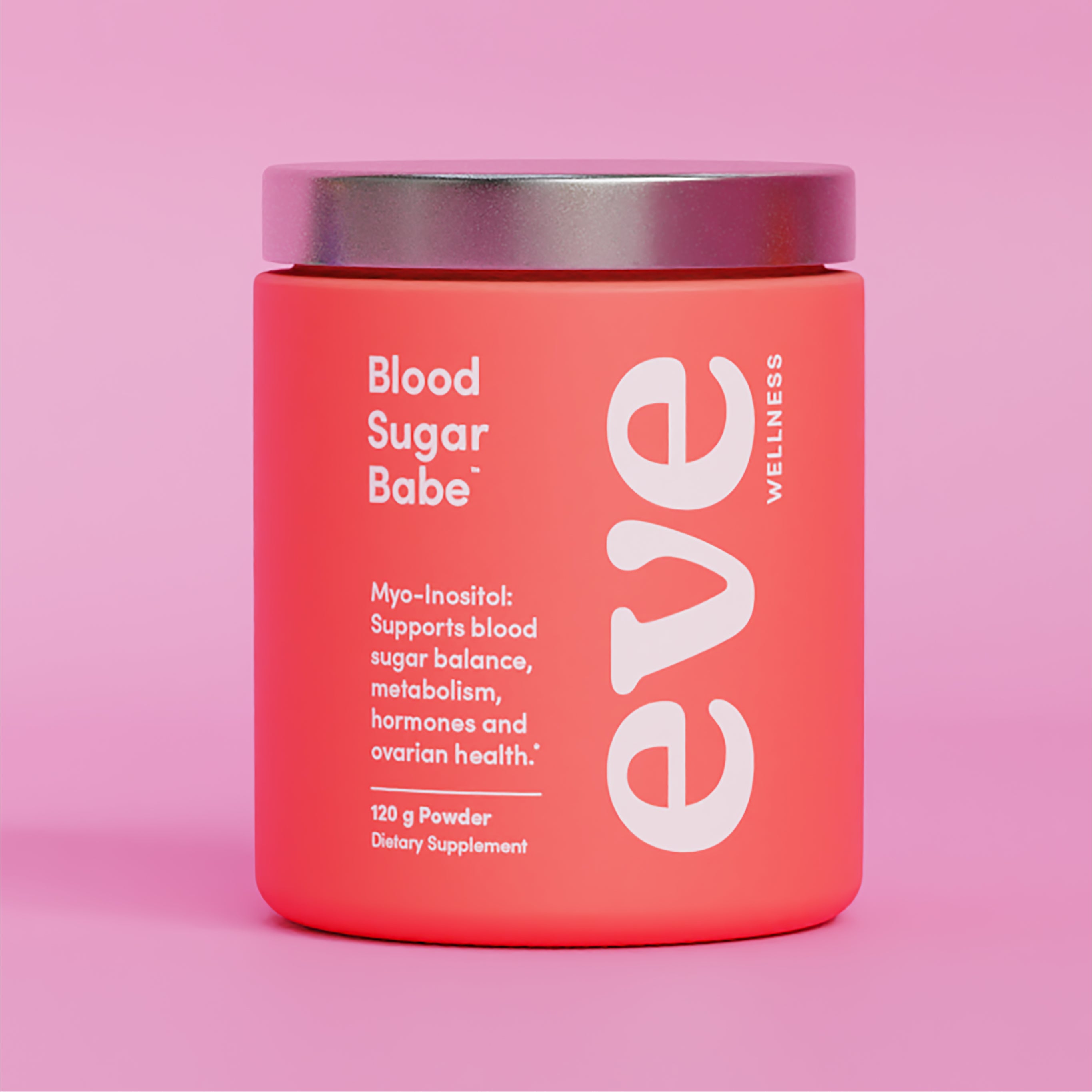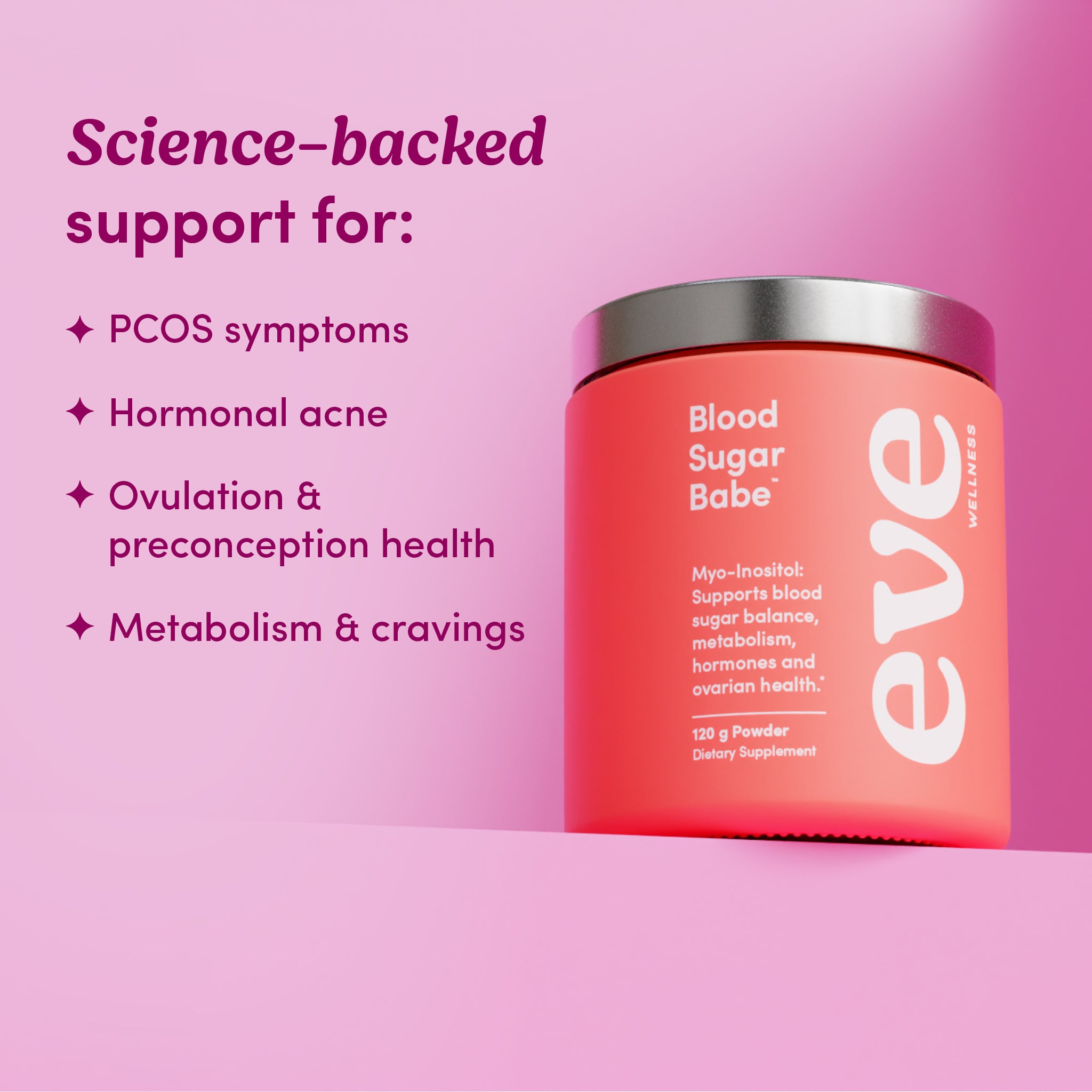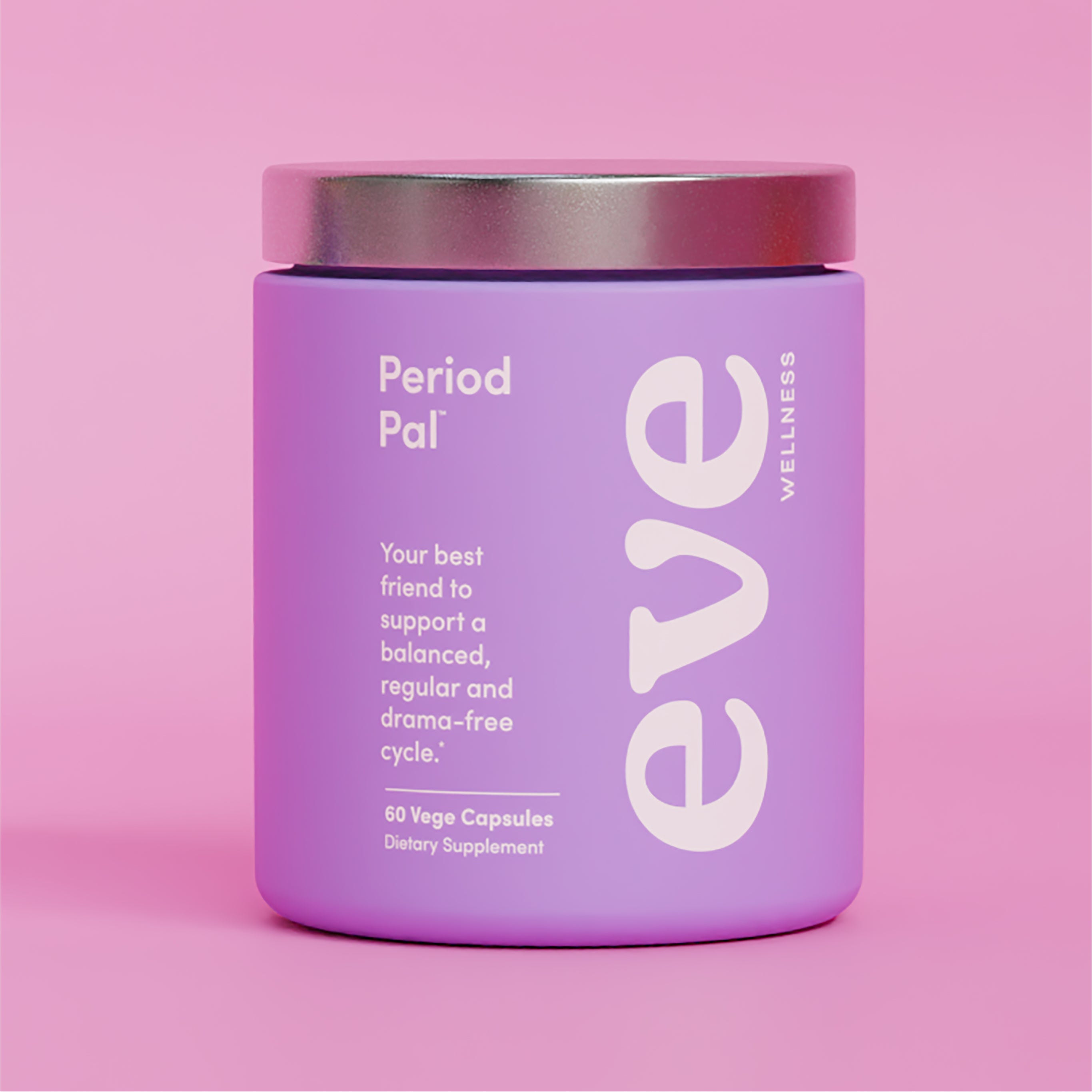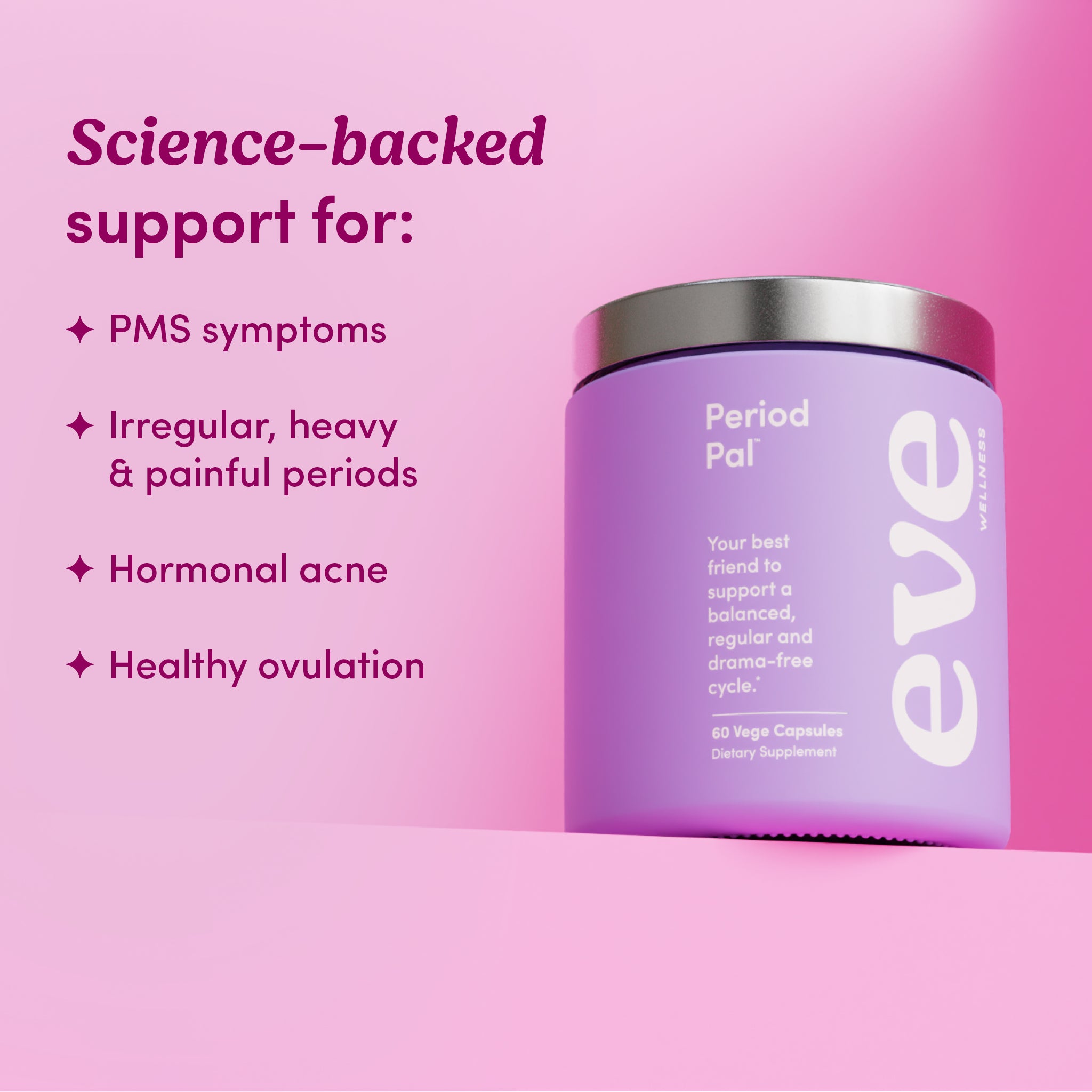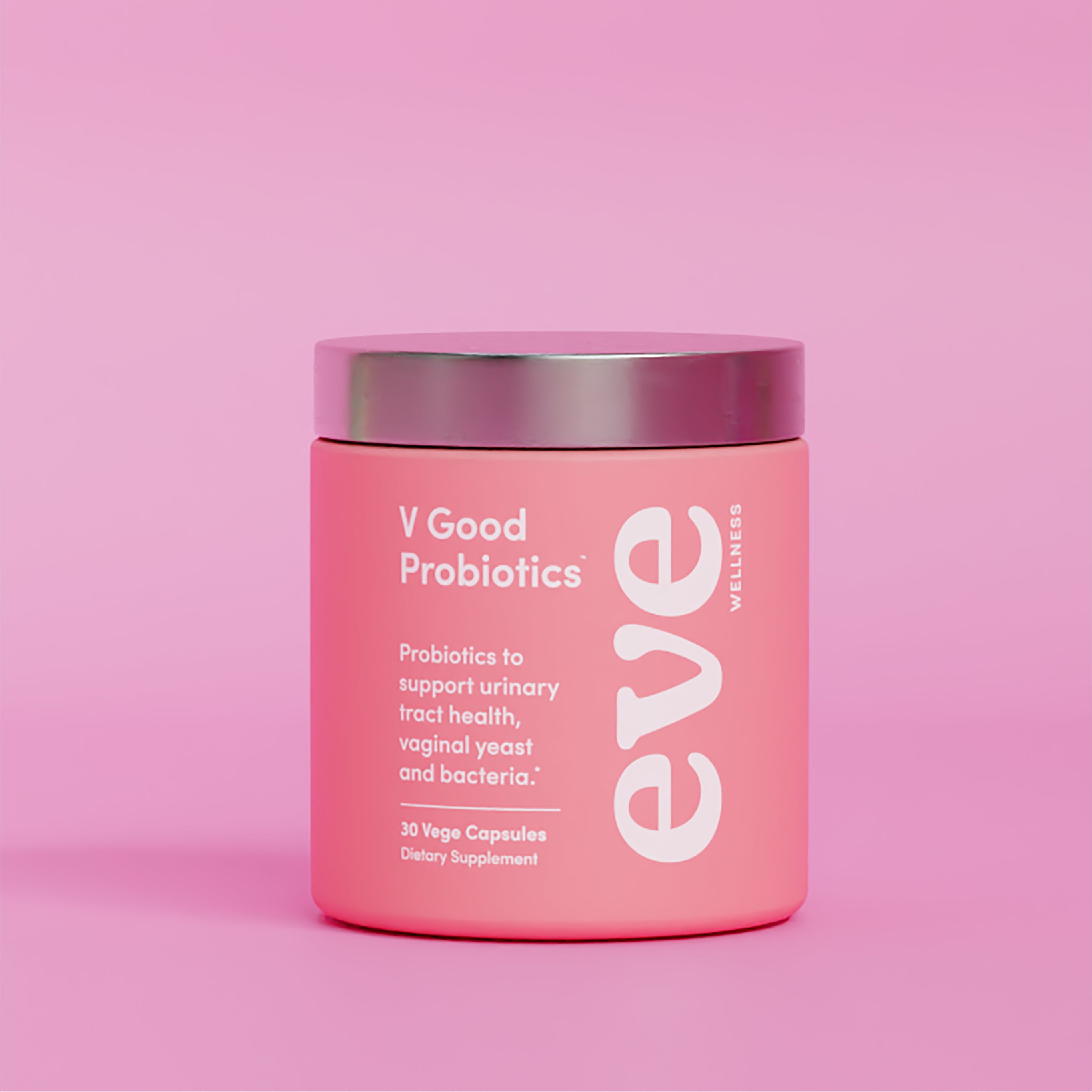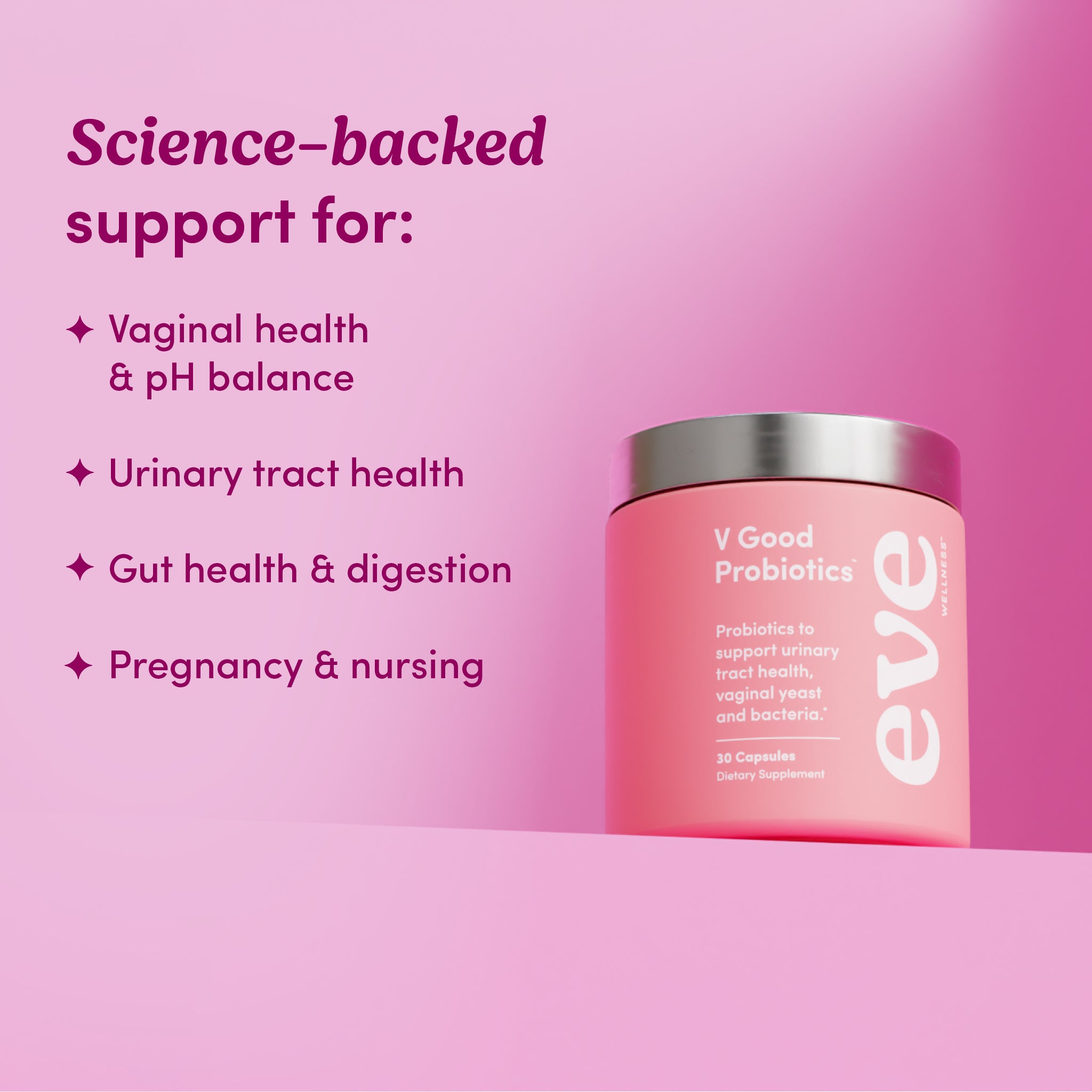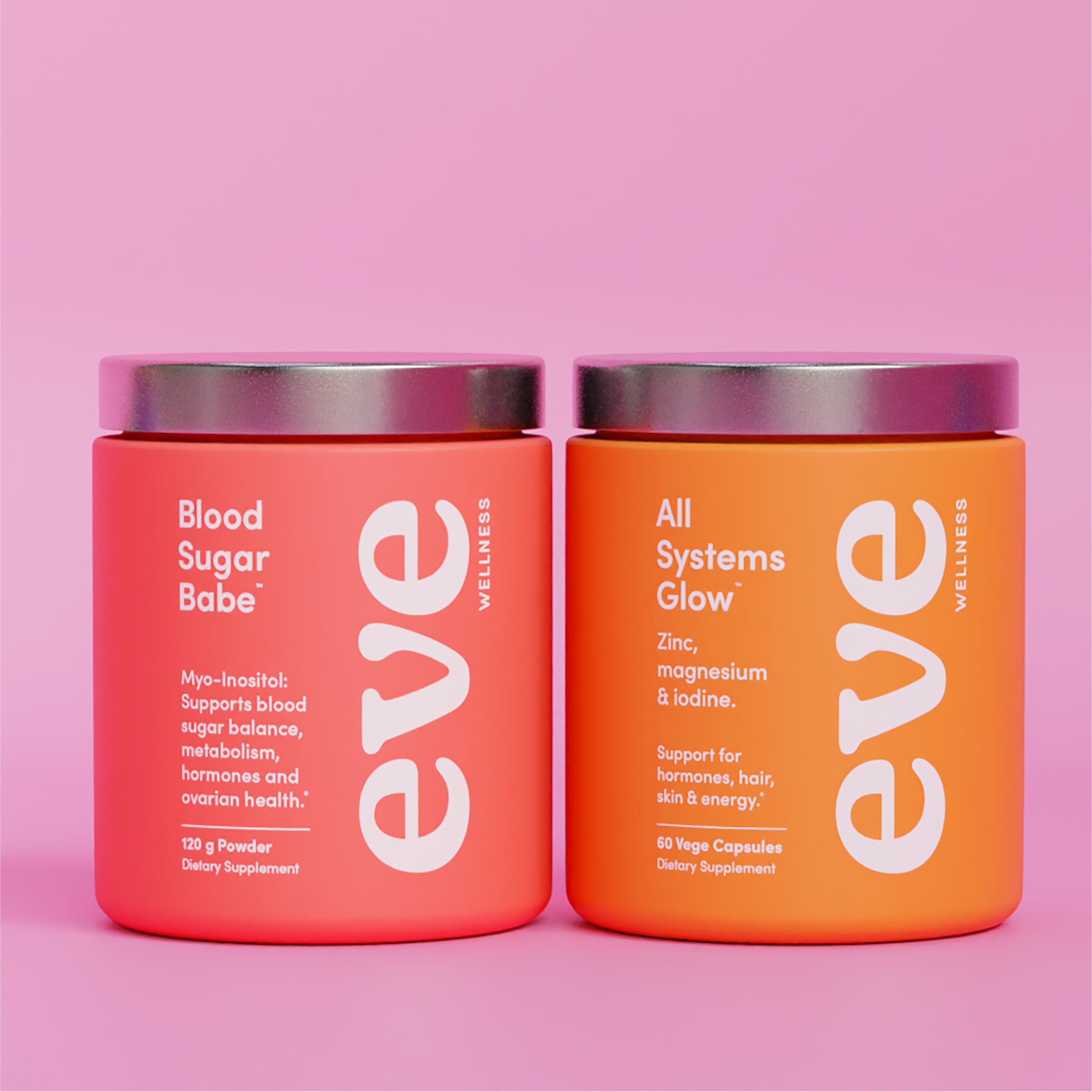In this third instalment of our cycle series, we’re taking a closer look at the third phase of your cycle: the ovulatory phase.
We talk a lot about ovulation, and for good reason—it’s kind of a big deal when it comes to hormone health - as you’ll see below.
What is ovulation and why is it so great?
Ovulation is the release of an egg from its follicle, into the fallopian tube. It is the main event of the menstrual cycle and usually takes place between days 13-21 of your cycle.
Ovulation is not only essential for baby-making, but for balanced hormones, stable moods and general good health—now, and in the future.
Ovulation is essentially an 'on' switch for our hormones. As our ovaries prepare to release an egg each month, they produce oestrogen. Oestrogen in the right amounts stimulates serotonin - our feel good hormone, boosting our mood and energy levels in the lead up to ovulation.
Ovulation then occurs when oestrogen and testosterone are both at their peaks, making us feel confident and sexy. This is also the time when your sex drive is at its highest, conveniently also when you are the most fertile (hormones are smart hey?).
After ovulation, oestrogen levels fall away rapidly and the corpus luteum (that once housed the maturing egg) releases progesterone. We like progesterone. It’s our ‘pro-gestation’ hormone that supports pregnancy, but it’s also our lovely soothing hormone that:
- Balances the effects of oestrogen;
- Calms our mood;
- Supports good sleep;
- Helps us use fat for energy; and
- Fires up our metabolic rate.
When oestrogen and progesterone ebb and flow in the right ratios, the result is regular, PMS-free periods (yay).
New research also suggests that having ovulatory cycles that produce adequate levels of both oestrogen and progesterone when you are younger can protect against osteoporosis, certain cancers and even cardiovascular disease later in life. Meaning that you can support your future self’s health simply by ovulating regularly - how great?
A wee note on ovulation and fertility: after ovulation, the egg lives for just 24 hours in the fallopian tube, where it can be fertilised by one charming, lucky sperm (which FYI, can live for about 5 days in fertile fluid). If you want to get pregnant, this is the time to get busy. If not, you want to be extra careful.
How can I tell if I've ovulated?
That lovely hormone progesterone we just talked about, also affects our basal body temperature (BBT), warming us up by about 0.3-0.6ºC. Tracking your cycle and recording your BBT first thing each morning is enough to detect this jump in body temp that confirms ovulation has occurred.
There are a few other ways to tell if and when you are ovulating as well, these are:
- Ovulation predictor kits. Essentially strips that detect LH (luteinizing hormone) in your pee. A positive reading means you are likely to ovulate soon.
- Symptom tracking. Ovulation can cause a slight cramping to one side of the lower abdomen (where your ovulating ovary is located) and/or spotting in some women. It also changes cervical fluid (resulting in thicker discharge) and boosts sex drive. These things can all indicate ovulation time.
I get my period so I must be ovulating, right?
Not exactly...
It's absolutely possible to have a period without actually ovulating or having had a fertile window. This is called an anovulatory cycle and let us tell you, they are no fun.
Without ovulation, we can’t make progesterone in any amount worth mentioning and are more likely to experience heavier and longer bleeding with more PMS symptoms such as pain, mood swings, insomnia, water retention and tender breasts.
Anovulatory cycles are more common in women who have irregular periods, however even a 28-30 day cycle can be anovulatory.
Some common reasons for not ovulating, (regardless of whether you get a period or not) include:
- Over exercising;
- Stress;
- Poor nutrition;
- Being on hormonal birth control (such as the pill or Mirena), or recently coming off it;
- Being underweight;
- PCOS;
- Perimenopause;
- Thyroid issues;
- Certain medications.
It is also worth noting that an anovulatory cycle is different from a luteal phase defect. In a luteal phase defect, you do ovulate, however progesterone doesn’t quite reach the level it should after ovulation. In this instance you will likely have short or irregular cycles. Although two completely different hormonal pictures, both can present with the same physical sensations (which is why we love testing to figure out exactly what’s going on before embarking on any hormone balancing journey).
How do I support ovulation?
This depends entirely on why you might not be ovulating in the first place.
As a general rule, some great places to start for ovulation support include:
- Eating enough. Enough calories and enough carbohydrates for your body to know the world is a safe place (should you bring a baby into it). Don’t skimp on healthy fats or protein either, all are essential for happy hormones.
- Reducing stress. Easier said than done, we know. Try cutting back on additional stressors such as over exercising, caffeine and alcohol.
- Ensuring adequate nutrient stores. Some nutrients that support the ovaries in doing their thing are B-vitamins (particularly B6), magnesium, iodine, selenium and vitamin-D.
- Addressing any underlying inflammation. Try reducing or eliminating sugar, gluten, dairy and poor quality oils in your diet.
- Stabilising blood sugar levels. Without stable blood sugars, we will never have balanced hormones. Our hormones love it when we eat healthy fats, proteins and low GI carbohydrates and when you don’t skip meals.
- Considering additional support. Maca, vitex, melatonin, seed cycling and even acupuncture can support healthy, ovulatory cycles.
Looking for extra support? Try Period Pal - every woman's best friend to support a balanced, regular and drama-free cycle.
